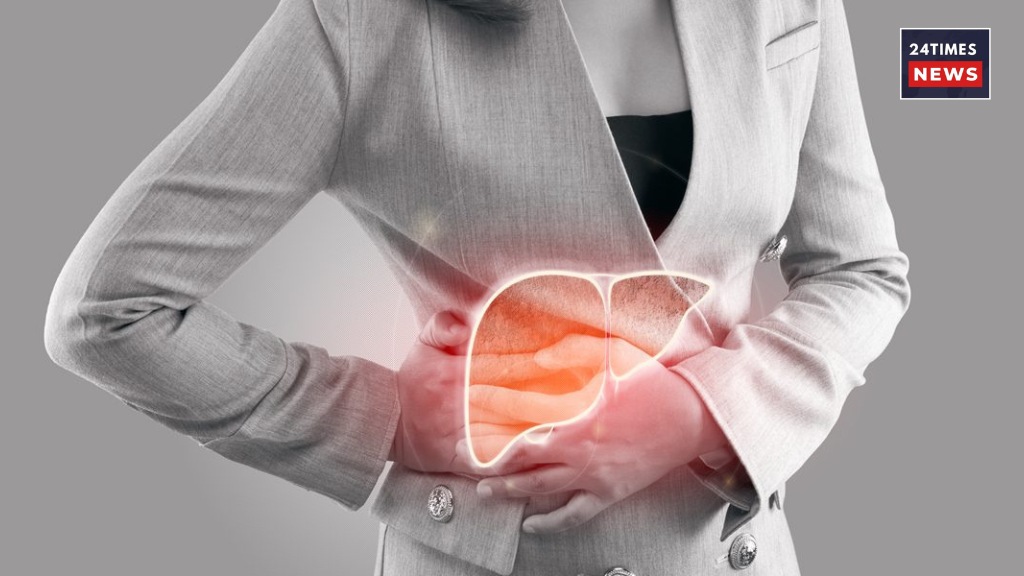Health Tips
Your liver is one of the body’s hardest-working organs, operating nonstop to filter toxins, aid digestion, and regulate metabolism. When it becomes overloaded—whether from a poor diet, alcohol, processed foods, or environmental pollutants—it begins to show warning signals. Unfortunately, these signs are often overlooked until they develop into serious problems.
Recognizing the early symptoms can help you protect liver health and act quickly. Here are six indicators that suggest your liver may need extra care or a gentle detox.

Persistent Fatigue
Feeling drained even after a full night’s sleep can signal liver strain. A toxin-heavy liver expends more energy filtering waste, slowing metabolism and leaving you with deep, lingering tiredness. Low glycogen production can also contribute to constant weakness.
Digestive Upset and Bloating
The liver produces bile, essential for breaking down fats. When bile flow is reduced by toxin buildup, digestion suffers—causing gas, bloating, nausea, or acid reflux after meals. Supporting liver function can help restore normal digestion.
Skin Changes: Dullness, Rashes, Acne
Your skin often mirrors your liver’s condition. When toxins accumulate in the bloodstream, they may surface as eczema, persistent rashes, acne, or itchy patches. Dull or lifeless skin is another common sign that the liver is struggling to filter impurities.
Unexplained Weight Gain or Stubborn Fat
If you maintain a healthy lifestyle yet can’t lose weight—or notice unexpected weight gain, especially around the midsection—your liver might be to blame. A sluggish liver metabolizes fat less efficiently, prompting the body to store more of it.

Yellowing of Eyes or Skin
One of the most serious signals is jaundice, when skin or eyes take on a yellow tint. This occurs when the liver cannot properly process bilirubin. Even mild yellowing accompanied by dark urine or pale stools warrants immediate medical attention.
Takeaway
While mild issues may improve with better nutrition, hydration, and lifestyle changes, persistent symptoms require professional care. Regular check-ups, balanced meals, and limiting alcohol can go a long way toward keeping your liver—and the rest of your body—healthy.





